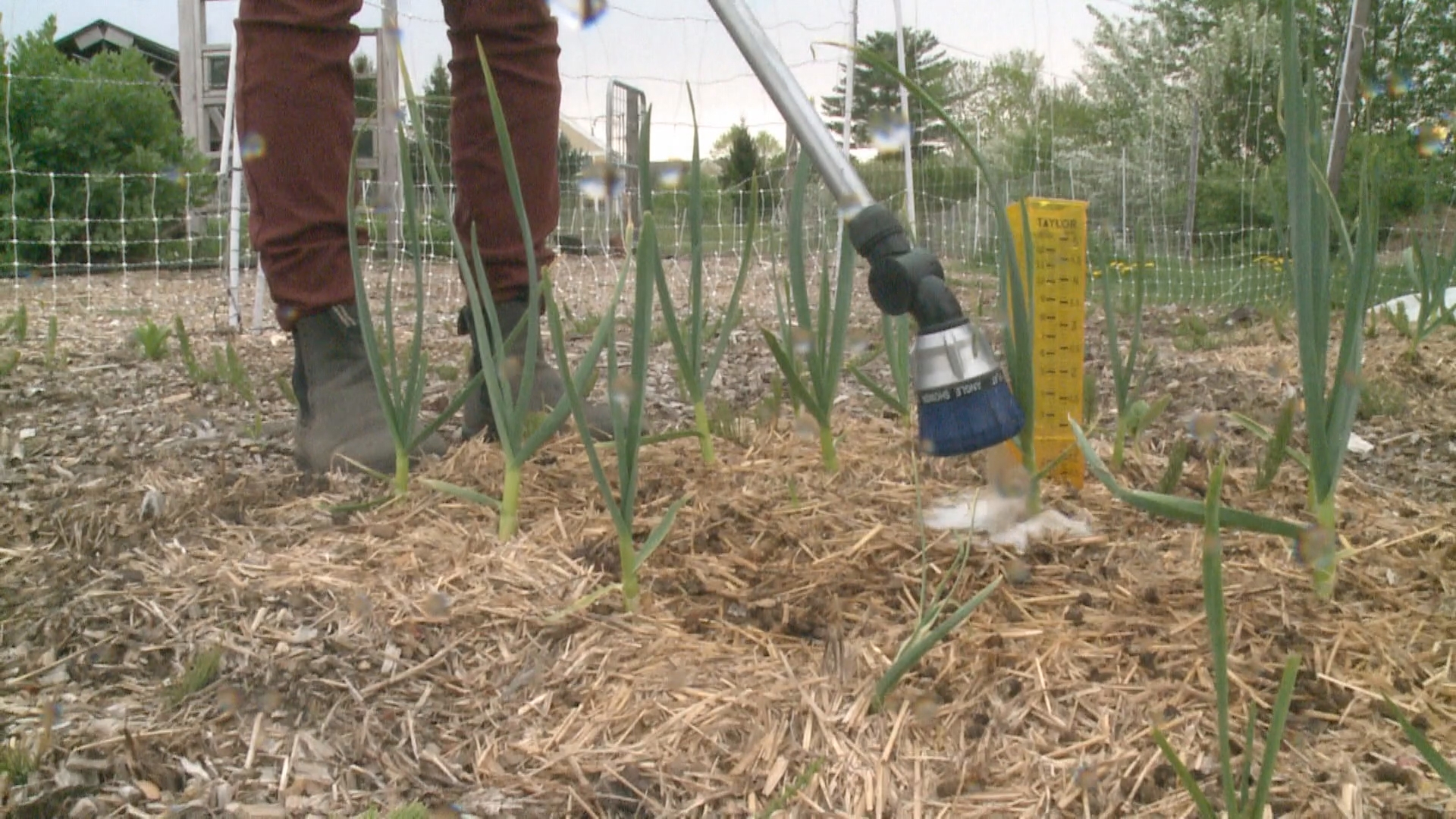FALMOUTH, Maine — According to the Maine Climate Office, Maine is warming up. The annual temperature has increased by 3 degrees Fahrenheit over the last century, and the eight warmest years have all occurred since 1998.
Climate change has made summers in Maine unpredictable. The first to feel the effects? Your garden. Watering correctly and efficiently has never been more important for the survival of your plants.

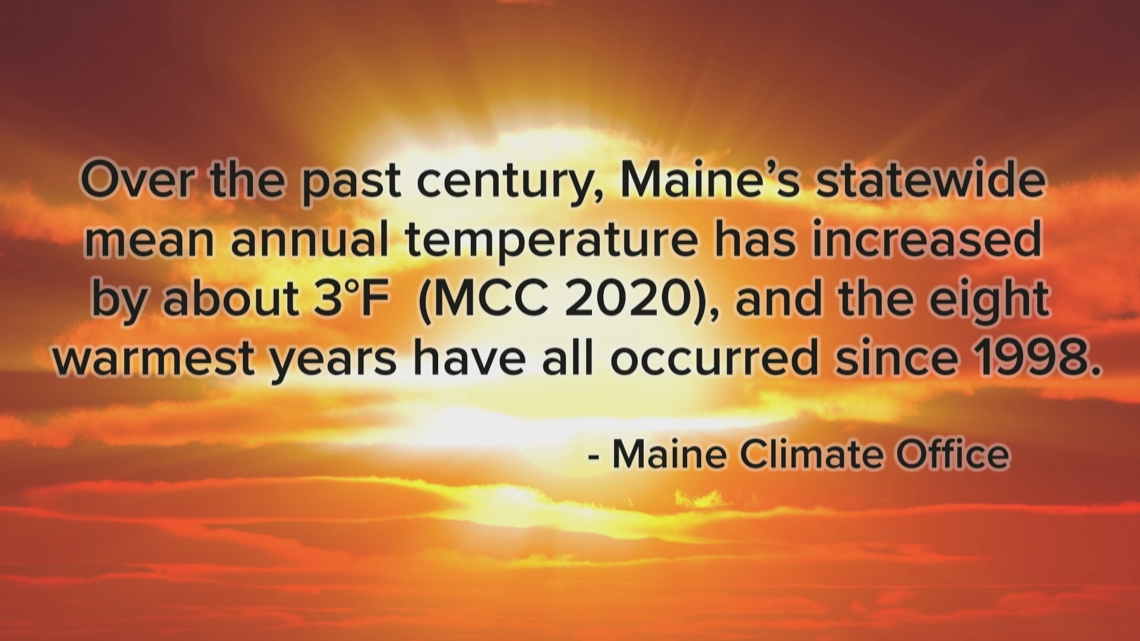
Gardening with Gutner traveled to Tidewater Farm in Falmouth, where the Cumberland County University of Maine Cooperative Extension is based, and talked with horticulture professional Pamela Hargest. She had some recommendations for watering your garden successfully.
"I like to monitor the rainfall in my garden, and I do that very closely with vegetable gardens compared to perennials, and that's because vegetable gardens typically need 1 1/4 to 1 1/2 of rainfall each week," Hargest said. "So I use a rain gauge to monitor it."

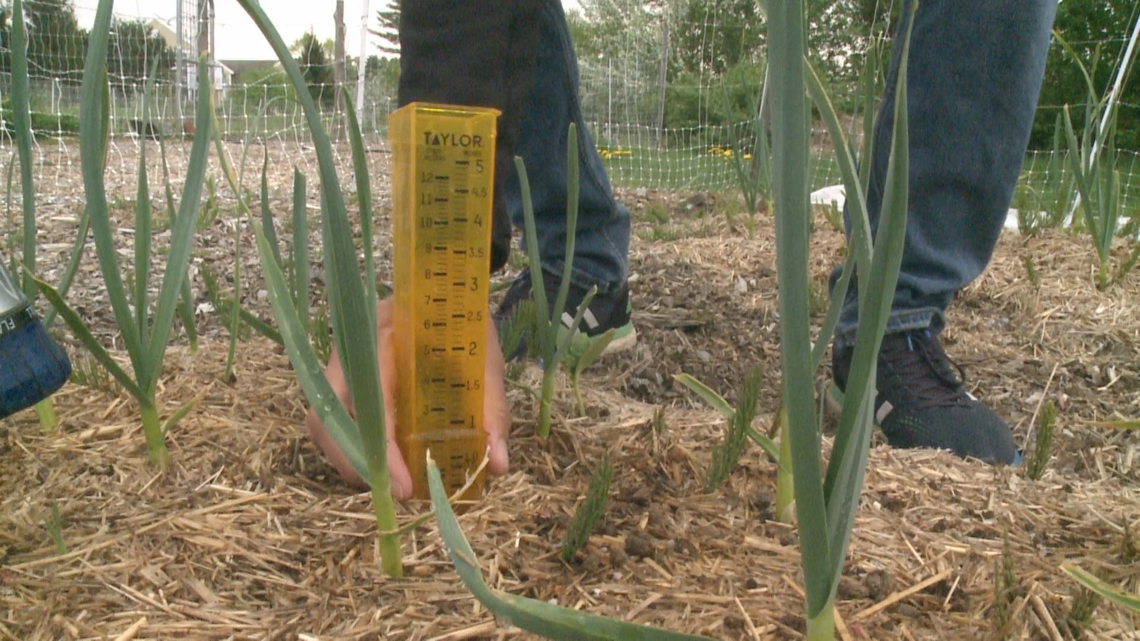
Once you determine whether or not your garden needs water, there are some good practices. Hargest recommends watering at the base of the plant and watering early in the day so the plant will dry before nightfall, preventing any chance of disease occurring due to moisture buildup. She also suggests watering deeply and less frequently. This trains the roots to grow deeper in the soil, which allows your plant to be more resilient in times of drought and dry weather.

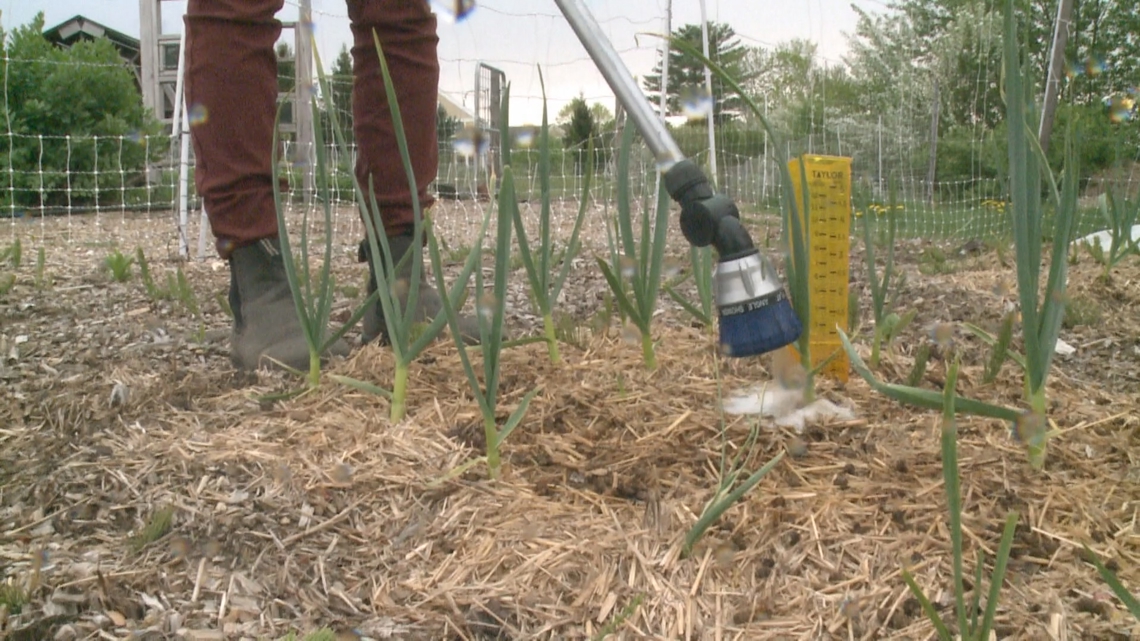

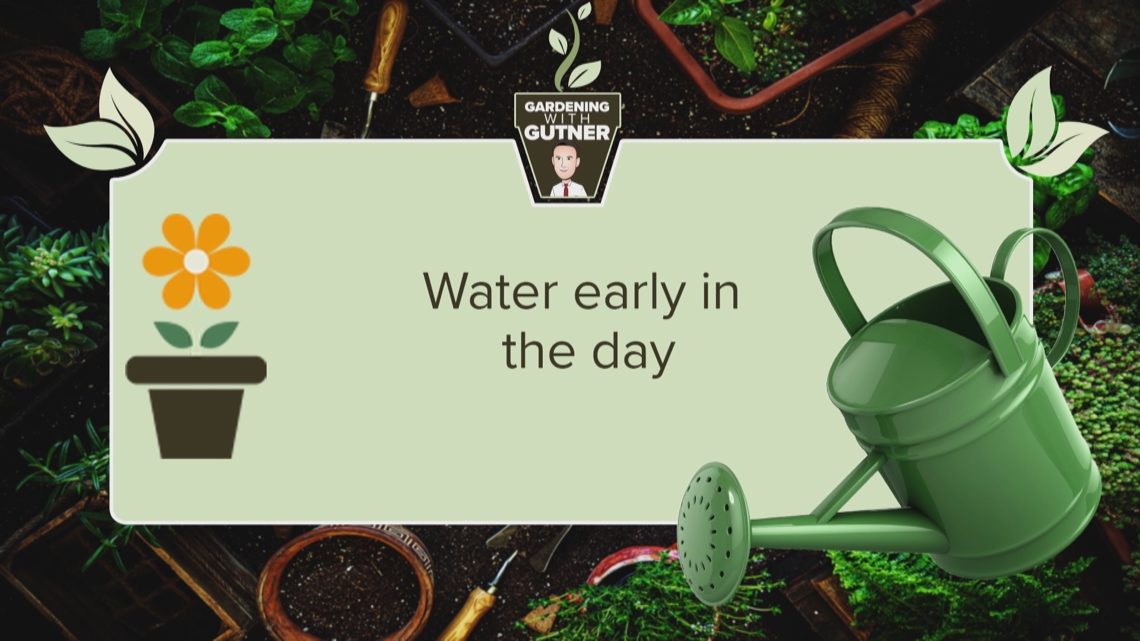

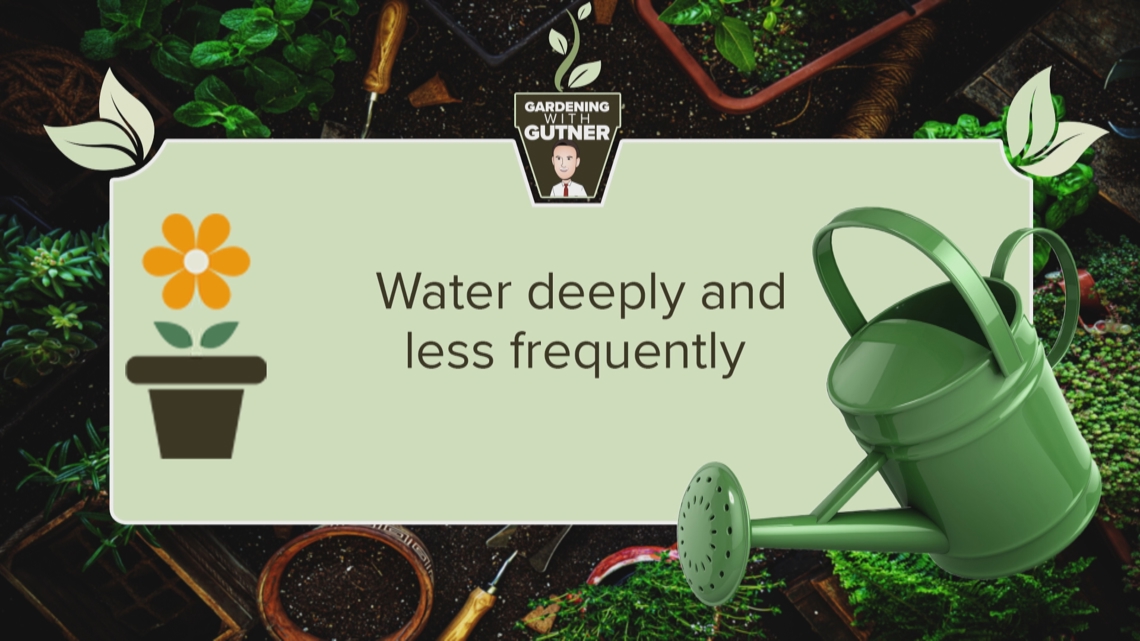
Watering by hand can be challenging. If you have a large garden, the horticulturist endorses using a drip irrigation system.
"It's just a lot more efficient. It saves you time. It costs you a little bit up front, but it's a really good system to install," Hargest explained.

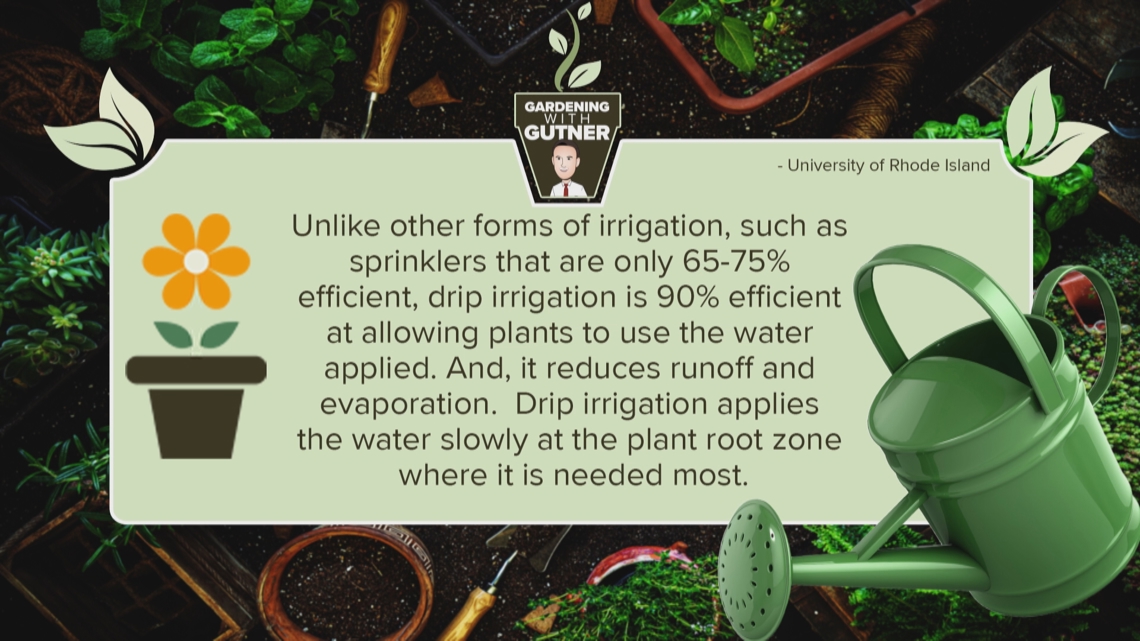
While demonstrating the system, Hargest showed how the low flow system worked evenly to get water to plants. She does not recommend soaker hoses.

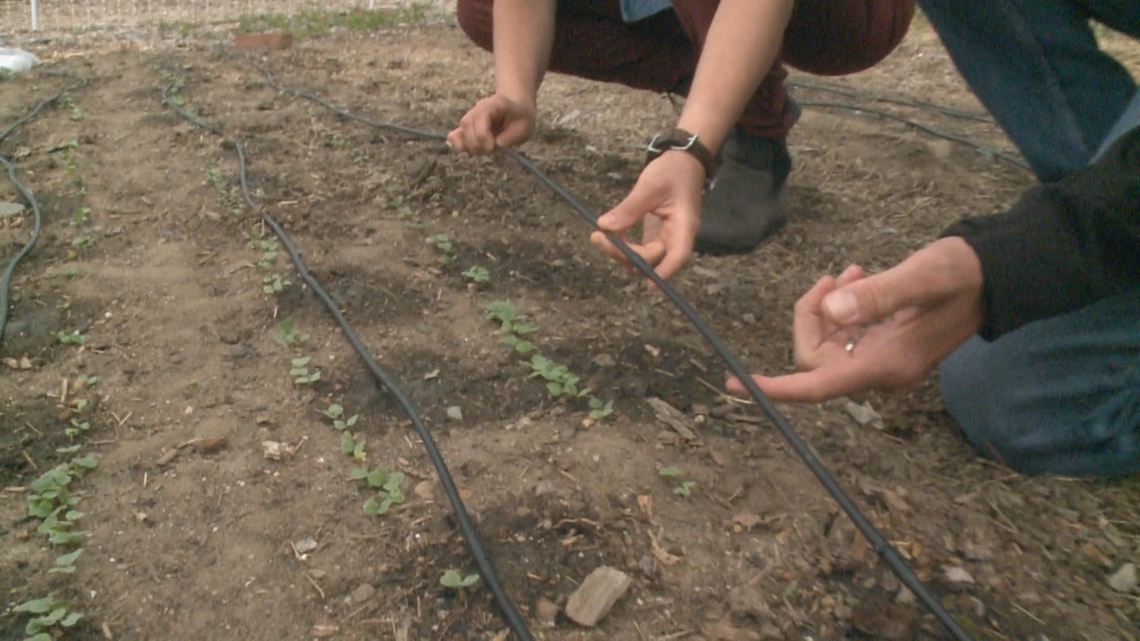
"Soaker hoses just don't seem to hold up very well. They dry out and only last, for me, I found they only last a season," the horticulturist said. "This system (referring to the drip method) has lasted about eight years for us."
You can find drip systems online or at local garden centers. She suggests buying a kit to get you started so you have all the supplies you need.
Most people have to pay for the water they use for their garden. So, collecting free rainwater in rain barrels is an easy way to offset the costs, but you have to be careful.
"We tend to save this water for supplementing our perennial gardens rather than using it in our vegetable garden," the horticulturist cautioned. "One of the reasons is that there is material coming off your roof into the rain barrel. Some things that you might not want to put in your vegetable garden."
Hargest recounted a story of finding two dead mice in the rain barrel at the end of the season.

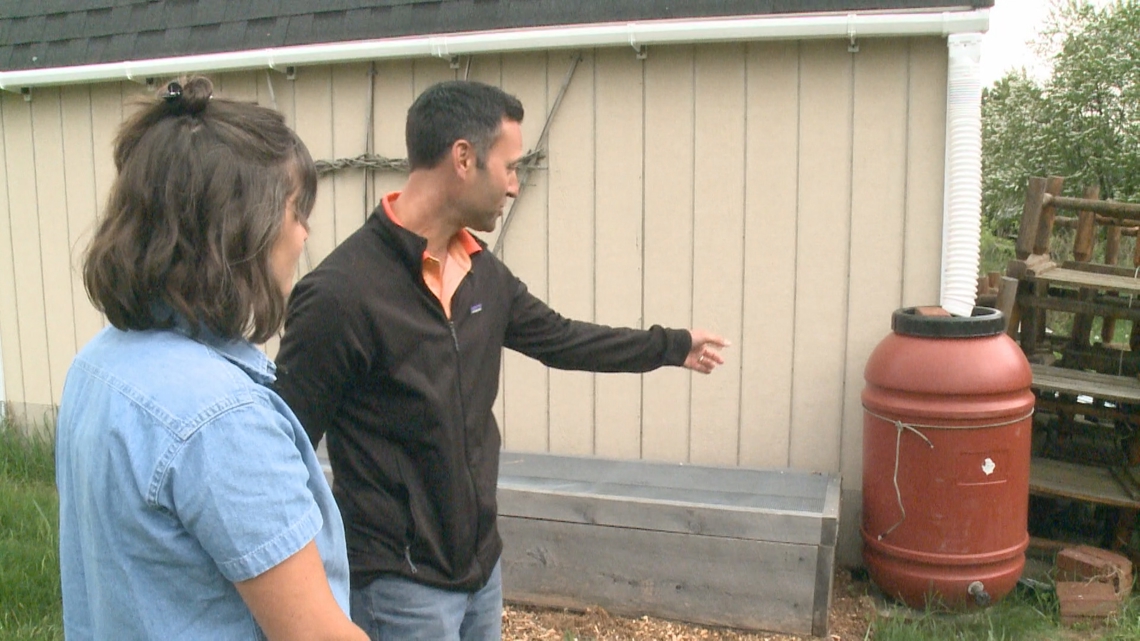
"It's just better to save that water for your gardens where you're not consuming the fresh vegetables," Hargest stated. "I think gardeners are really looking to conserve resources and reuse water as much as they can.

